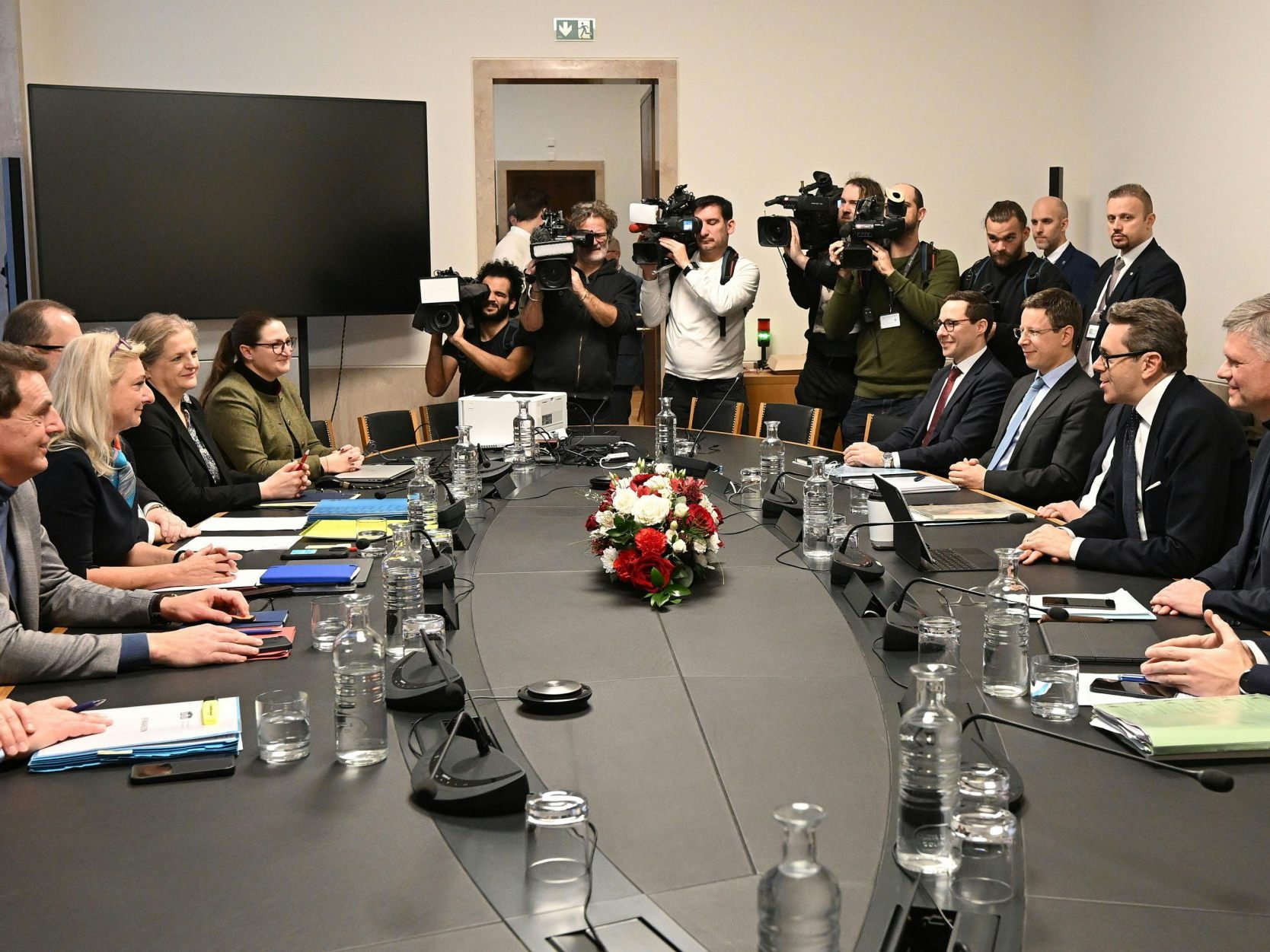Health and Foreign Policy as Sticking Points in Blue-Black Discussions

The coalition negotiations between the FPÖ and ÖVP in the subgroups will conclude the first round on Friday. The final discussions this week concern the topics of education and science, pensions and health, as well as foreign and European politics. The negotiations will continue on Monday, with a coordinated paper from all groups expected by the end of the month, according to APA information.
FPÖ Wants Investigation Committee on Corona Measures, ÖVP Demands Blue Commitment to the EU
After there were disagreements between both parties in the media group - keyword ORF household fee - on Thursday, the discussions on Friday also hold potential for conflict. Heated debates are expected in the health group. The Freedom Party insists on a "review" of the turquoise-green Corona measures, for example in the form of a parliamentary investigation committee.
Concessions from the other side are expected by the ÖVP in foreign and European politics, where the black EU group leader Reinhold Lopatka sits opposite the Freedom Party's Susanne Fürst. The Freedom Party is accused of having a certain closeness to Russia, which party leader Herbert Kickl recently vehemently denied. The ÖVP insists primarily on a blue commitment to the EU in its current form.
Coalition Talks Continue on Monday
The subgroups will meet for at least another week, with the schedule not expected to be quite as strict. The scheduling is reportedly up to the discretion of the individual negotiators. The FPÖ and ÖVP hope to reach results more quickly, as multiple sessions are also possible. Then the creation of a coordinated paper, which is expected to be available by the end of January, should begin.
Whether the top group under the leadership of party leaders Kickl and Christian Stocker (ÖVP) will meet next week or only after the paper is available is not yet fixed. A meeting of the steering group does not mean that a final government program will be worked on immediately. It is also possible that individual subgroups could meet again to discuss specific conflict areas.
(APA/Red)
This article has been automatically translated, read the original article here.





